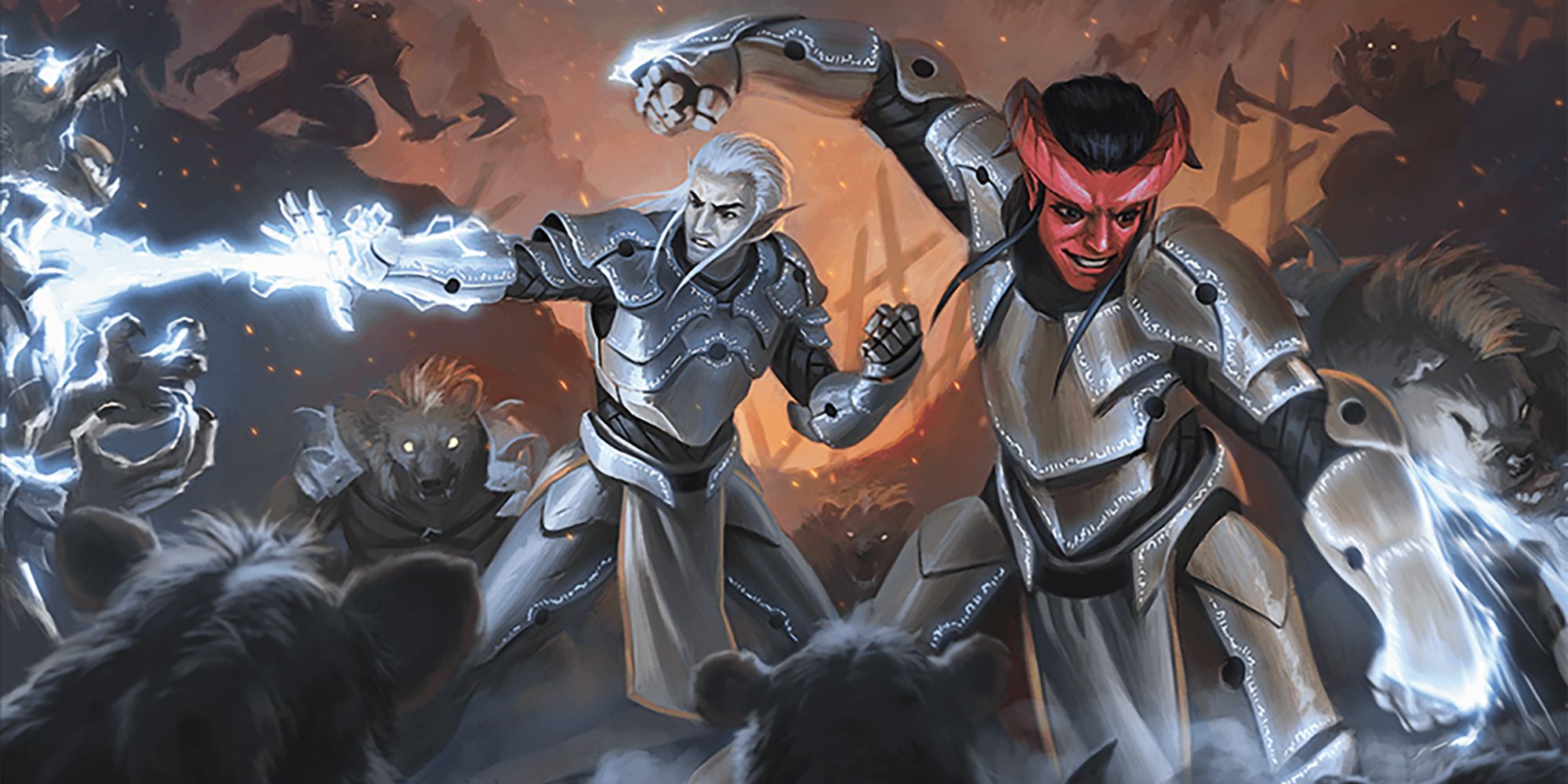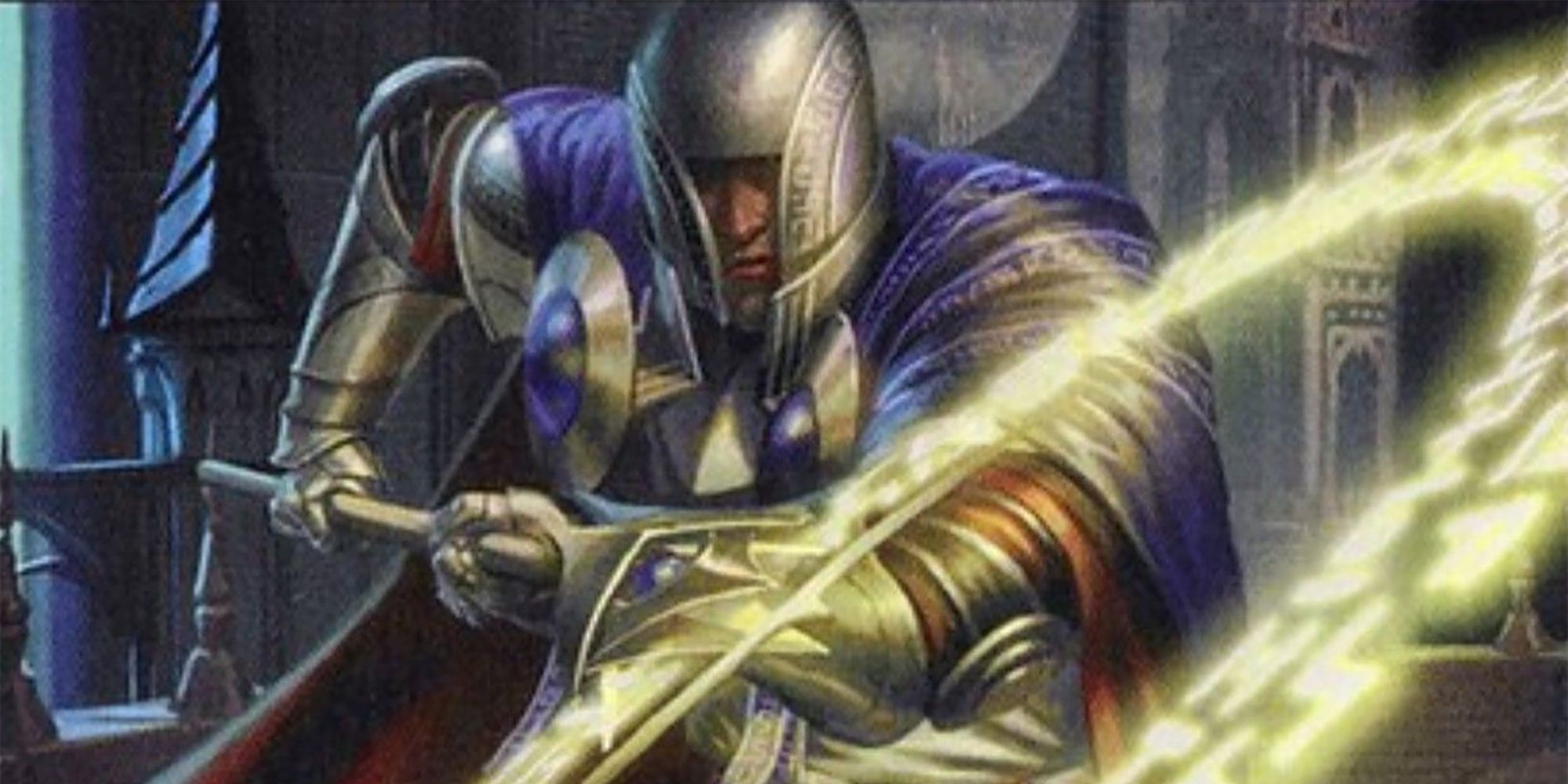Even low-level spells in Dungeons & Dragons can be incredibly useful, but only if a player picks the right choices when designing their character. Some spells may fill a niche helpful in certain scenarios and some may even be all but useless, but even at low levels, there are certain options that every party needs.
Spellcasters can be like a party's pocket knife when it comes to offering the perfect fix for a given problem, but even from the 1st level that all depends on their choices of magic. You don't want to pass up on these options.
Part of the trick to figuring out what spells will be most useful comes in determining the makeup of your party. When selecting spells, ask yourself what it is you hope to accomplish with a spell and whether or not other members of the party are capable of the same thing. In particular, bigger parties often have multiple spellcasters and no matter how useful a spell is it becomes far less useful when several other party members can also cast it. Barring redundancy, some spells are almost always a valuable option.
Perhaps the best examples are ritual casts that are useful in a variety of circumstances. Ritual casting allows a spellcaster to use a spell without burning a spell slot at the cost of increasing its casting time to 10 minutes. This means options like Detect Magic, Identify and Comprehend Languages are absolutely invaluable because they can resolve problems nothing else can while costing you almost nothing. Such spells can instantly solve a mystery or even just clue the party in that there is a mystery to solve in the first place, and without them, ignorance can be a terrible burden.
Similar options can not only be useful outside of combat but in the thick of action where it really counts. Charm Person, Command and Animal Friendship are so versatile they can end combat at a crucial moment or avoid it altogether by magically motivating a target to bend to your will. Healing Word, capable of rejuvenating an ally from range, can also be useful outside of combat, but the fact that it can be cast as a Bonus Action makes it insanely useful in combat where the action economy means everything.
Of course, at the end of the day, every spellcaster will need a good combat spell for when the chips are down and when that time comes you can't find a more useful option than Magic Missile. The spell's damage and range alone make it a useful combat option, but the fact that it automatically deals damage, can hit multiple precise targets, and does so with separate damage rolls makes it insanely versatile. It's one of the single best spells to break an enemy caster's concentration since they need to do a separate roll for each dart you fire, and with the ability to cast it at higher levels it will see usage throughout campaigns of any level.
Picking the right spells can make or break a caster, but with the above spells in mind, there are countless scenarios where they can prove invaluable to their party. Some problems can stump a party and even grind a session to a halt. With these spells in mind just tell that fighter to step aside and let you work your magic.



